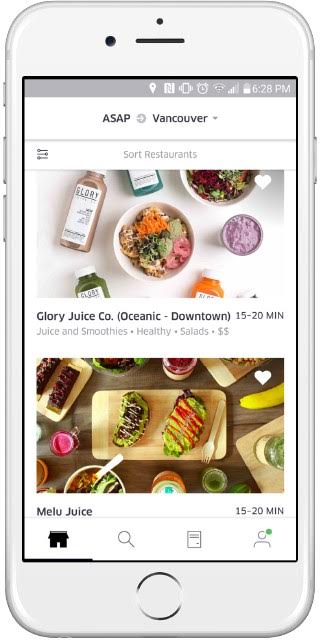We’re looking at a 3-4 percent increase within the next year (according to the Consumer Price Index) but before we start dreading that – put it into perspective. Poverty-stricken nations cannot afford these inflated food prices and this is partial reason why so many riots have begun.
Unusually cold weather has ruined some crops as well – making some vegetables (like tomatoes and eggplants) short in supply.
As grim as this may all sound, try to take a walk on the proactive side and be prepared for it. Here are some tips to keep your budget maintainable.
1) Buy local. Support local businesses! Sometimes people mistake local vegetables & fruits to be more expensive, but it’s not!
2) Do your research. It’s easy to pick up something at your local Safeway or Superstore – but do you notice the price difference? The other day, I was in Safeway and Oreos were 2 for $8. At the Zellers nearby, one bag of Oreos was $1.80.
3) Cheaper in bulk? In the same vein, pause a moment. Is it cheaper to buy a 10lb bag of potatoes for $4 or to buy a couple of potatoes? Think about how many you’ll need for the meal you prepare, if you’re going to be able to use that many, how long will the vegetable/fruits will last.
4) Buy Made-In-House. Store-made bread and other basic necessities are cheaper and taste/are made exactly the same as other brands.
5) Stock up. Fill your pantry with canned goods like whole tomatoes, tomato sauce, pasta, etc. Prices fluctuate often on canned goods, so remember to do your research too!
6) Buy as much as you need. Don’t buy vegetables you aren’t going to use in the next couple of days! You don’t have to buy the whole bunch of bananas, you can split them and get as many as you need.
7) Make a list. Make one before you go and stick to it!
8 ) Plan your meals in advance. Not a lot of people have the time to, but if you do, this will really help you out. You’ll be able to keep track of your expenses more.
9) It’s okay to buy day old/on sale items. But make sure there’s a purpose in buying them and you intend to use them within the next day or so. Don’t get it just because it’s a deal. Know how long vegetables, fruits, bread, etc lasts and make educated decisions whether it is worth the buy.
10) Freeze food. Most foods can be frozen – but some are very susceptible to freezer burn. Write dates on your freezer bags so you know when you bought the item and always utilize the FIFO (First In, First Out) method!



